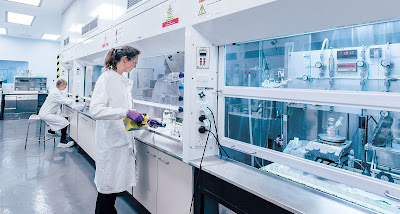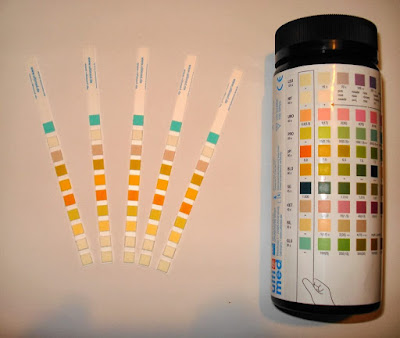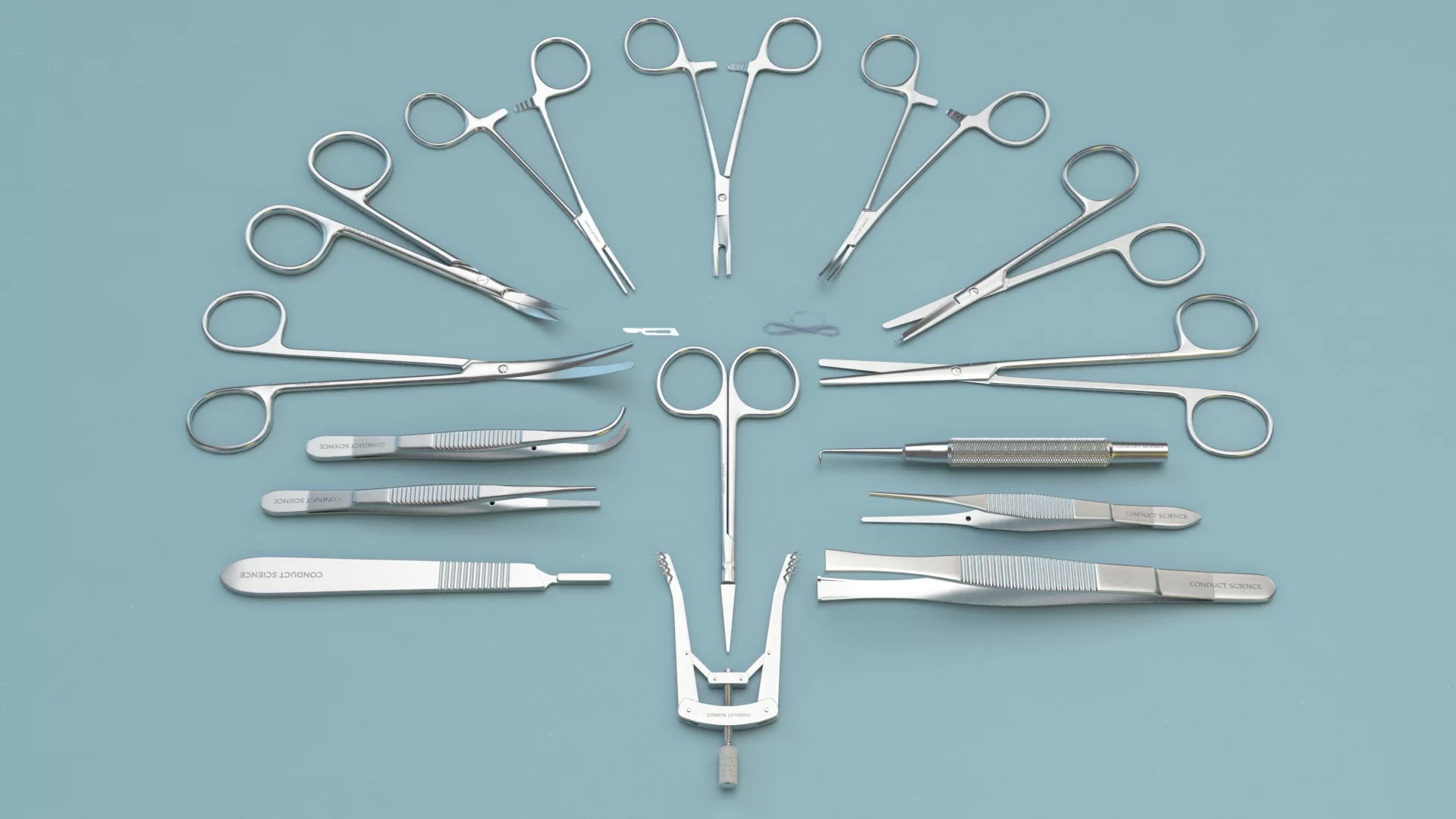Which Factors Should You Consider When Choosing Testing Meters for Your Lab?
Welcome to the world of testing meters! As a lab technician or scientist, you understand the crucial role that accurate and reliable measurements play in your everyday work. Whether you're analyzing chemical compositions, monitoring environmental conditions, or conducting quality control tests, having the right testing meters is essential.
In this blog post, we will explore the different types of testing meters
available on the market today and discuss their pros and cons. We'll also delve
into important factors to consider when choosing a testing meter for your lab.
So grab your lab coat and let's dive in!
Different types of testing meters
When it comes to choosing testing
meters for your lab, it's important to understand the different types available
and their unique features. This knowledge will help you make an informed
decision based on the specific needs of your laboratory.
One common type of testing meter is a pH meter. These meters are used to
measure the acidity or alkalinity of a solution. They are particularly useful
in chemistry labs where accurate pH measurements are crucial for experiments
and quality control processes.
Another type of meter commonly found in labs is a conductivity meter. These
meters measure the ability of a solution to conduct an electric current, which
can provide valuable information about its purity or concentration.
For labs that deal with liquids, refractometers come in handy. These meters
determine the refractive index of a liquid, allowing scientists to analyze its
composition or concentration accurately.
If your lab focuses on food safety or environmental research, you may also need
a dissolved oxygen meter. This device measures the amount of oxygen dissolved
in water samples and helps monitor aquatic ecosystems' health.
In addition to these specific types, there are versatile multimeters that
combine multiple functions into one device. Multimeters typically measure
voltage, current, resistance, and more—making them suitable for general
laboratory use.
Each type of testing meter has its advantages and disadvantages depending on
your lab's requirements. Understanding these pros and cons will help ensure
that you select the right equipment for accurate results and efficient workflow
in your lab environment.
Pros and cons of each type of meter
When it comes to choosing testing
meters for your lab, it's important to consider the pros and cons of each type.
There are several different types of meters available, each with its own
strengths and weaknesses.
One popular option is a pH meter. These meters measure the acidity or
alkalinity of a solution, making them useful for a wide range of applications.
One advantage of pH meters is their accuracy - they provide precise readings
that can be relied upon for accurate results. However, one drawback is that pH
probes require regular calibration to ensure accurate measurements.
Another type of meter commonly used in labs is a conductivity meter. These
devices measure the ability of a solution to conduct electrical current,
providing valuable information about its purity and concentration. Conductivity
meters are easy to use and offer quick measurements, but they may not be
suitable for solutions with low conductivity levels.
For laboratories working with gases, gas detectors are essential tools. These
devices detect the presence and level of specific gases in the air, helping
ensure safety in the lab environment. Gas detectors can quickly identify
harmful gases like carbon monoxide or flammable substances like methane.
Which factors to consider when choosing a testing meter for your lab
Accuracy: One of the most important
factors to consider when choosing a testing meter for your lab is its accuracy.
You want to ensure that the meter provides precise and reliable measurements,
as this is crucial for obtaining accurate results in your experiments.
Measurement Range: Another factor to consider is the measurement range of the
meter. Depending on the type of tests you will be conducting, you need to make
sure that the meter can measure within the required range. It should be able to
handle both high and low values without compromising accuracy.
Ease of Use: The usability of the meter is also an important consideration.
Look for a device that has user-friendly controls and clear instructions for
operation. A complicated or confusing interface can lead to errors in readings
and waste valuable time during experiments.
Speed: Time is often critical in laboratory settings, so having a testing meter
that provides quick results can be advantageous. Look for meters with fast
response times, allowing you to streamline your workflow and increase productivity.
Durability: Laboratories can be demanding environments, so it's essential to
choose a testing meter that is durable and built to withstand daily use. Opting
for meters made from sturdy materials will ensure they stand up well over time,
reducing maintenance costs and minimizing downtime due to repairs or
replacements.
Manufacturer Support: Consider the support provided by the manufacturer. Check
if they offer technical assistance, warranty coverage, calibration services, or
replacement parts availability. Having reliable customer support ensures any
issues with your testing meter can be resolved promptly.
By considering these factors when selecting a testing meter for your lab
equipment needs,laboratory furniture ,you'll
maximize efficiency and accuracy in your research processes while ensuring
long-term reliability
Conclusion
Choosing the right testing meters
for your lab is crucial for accurate and reliable results. With various types
of meters available in the market, it's important to consider several factors
before making a decision.
Think about the specific needs of your lab. Consider the type of tests you will
be conducting and what parameters you need to measure. This will help determine
which type of meter is most suitable for your requirements.
Take into account the accuracy and precision of the meters. Look for meters
that have been calibrated properly and offer high levels of accuracy in
measurements. Precision is also important as it ensures consistent results over
time.
Next, consider the ease of use and maintenance requirements. Opt for testing
meters that are user-friendly with clear instructions and intuitive interfaces.
Additionally, check if there are any specific maintenance procedures or
calibration requirements associated with each type of meter.
Cost is another significant factor to consider when choosing testing meters for
your lab. While it's important to invest in quality equipment, it's also
essential to evaluate whether the features provided justify the price tag.
Compare prices from different suppliers and ensure you get value for money.
Furthermore, think about compatibility with other instruments or software
systems used in your lab. It's beneficial to choose testing meters that can
easily integrate with existing laboratory infrastructure without any
complications.
Don't forget about warranty options and customer support services offered by
manufacturers or suppliers. Having reliable technical support can save both
time and money down the line if any issues arise with your testing meters.
By considering these factors – specific needs, accuracy/precision,
ease-of-use/maintenance requirements, cost-effectiveness,
compatibility/integration capabilities,and warranty/customer support - you can
make an informed decision when selecting testing meters for your lab.
Remember that investing time upfront in researching and comparing different
options will ultimately lead to better outcomes in terms of
efficiency,reliability,and overall performance within your laboratory setting!
So go ahead! Choose the testing meters that best meet your lab's requirements
and elevate your scientific endeavors to




Comments
Post a Comment